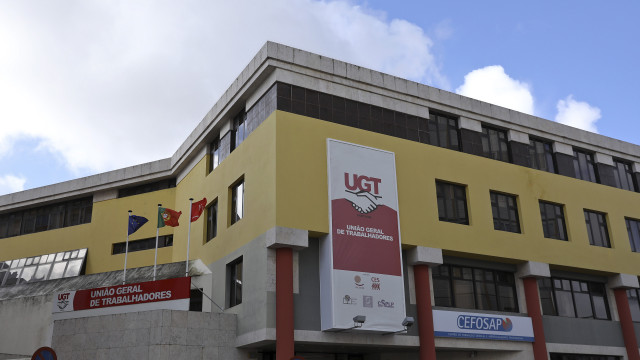Nearly one in four Portuguese citizens (22%) have experienced a refusal of cash payments, according to a survey conducted by Pitagórica and released by Denária Portugal, an association advocating for the use of cash as a regular means of payment. This marks an increase of eight percentage points compared to a similar survey carried out in 2023.
In response to this situation, 92% of respondents support mandatory acceptance of physical currency by commercial establishments, while 63% favor imposing fines on those who persist in refusing cash payments. This represents a 13-point increase from the previous survey year.
Cash (78%) and bank cards (77%) are identified as the most frequently used and should always be accepted payment methods in commerce and public institutions. Respondents believe that the refusal to accept cash significantly disadvantages the elderly and those with lower digital literacy (79%).
Approximately two-thirds of respondents advocate for regular state inspections of stores to enforce the law regarding the right to pay in cash.
The Pitagórica survey also revealed that only 9% of participants explicitly support the elimination of cash, with an additional 17% viewing it as unnecessary.
An overwhelming majority (89%) insists that the state should facilitate access to cash, with 46% naming the Bank of Portugal as the institution responsible for upholding the existence of cash.
The majority believe it is the responsibility of public administrations to ensure access to cash.
Mário Frota, quoted in the Denária Portugal statement, remarked, “This study reflects real life: Physical cash is not just a habit, it’s a necessity. Refusing it is not just against the law — it’s closing the door on those who depend on it and limiting freedom of choice.”
Frota emphasized that “it is up to the state and authorities to play their part and ensure no one is left behind.”
The survey was conducted by Pitagórica — Investigação e Estudos de Mercado and involved 1,200 individuals from mainland Portugal and the islands, aged 16 and above. Data collection occurred via telephone between February 4 and 20, 2025, with a margin of error of ±2.89% and a confidence level of 95.5%.






